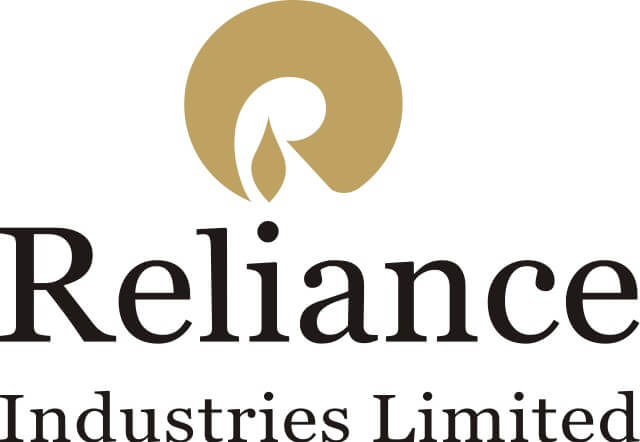Reliance Industries Ltd. (RIL) is gearing up to commence operations at its battery gigafactory in Jamnagar, Gujarat, by the latter half of 2026. The ambitious project is poised to play a pivotal role in India’s shift towards green energy, with a strong focus on battery production and energy storage solutions.
The gigafactory is slated to have an annual production capacity of 30 GWh, making it one of the largest battery manufacturing facilities in the country. In its initial phase, the plant will focus on assembling battery energy storage systems (BESS) for utility-scale, residential, commercial, and mobility sectors.
Over time, the facility will expand its operations to include cell manufacturing and the production of battery chemicals, positioning Reliance as a significant player in the field of advanced energy solutions.
Reliance’s foray into battery manufacturing is supported by the government’s production linked incentive (PLI) scheme, which promotes advanced chemistry cell battery production. The company has secured a five GWh capacity under this scheme and is actively bidding for an additional ten GWh. The strategic move will allow Reliance to swiftly scale up its production capabilities to meet the growing demands of both domestic and international markets.
In a bid to stay ahead in innovation and sustainability, Reliance is also progressing in sodium-ion battery technology, with plans to commercialize sodium-ion cell production at a megawatt scale by next year.
The initiative reflects the company’s dedication to advancing energy storage technologies. The Gigafactory will draw on the expertise of its subsidiaries, Lithium Werks and Faradion, to produce next-generation batteries that prioritize safety, stability, and cost-effectiveness.
As reported by manufacturingtodayindia.com, by leveraging advanced electrochemical technologies, Reliance aims to create batteries suitable for a wide range of energy storage applications, from stationary systems to electric mobility.































